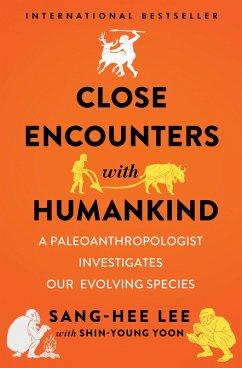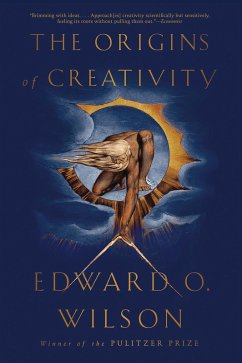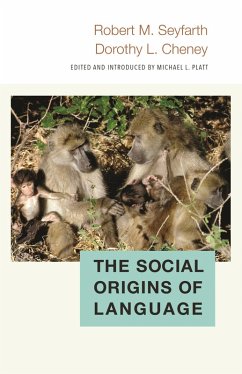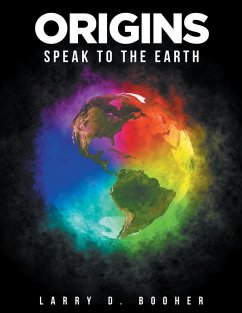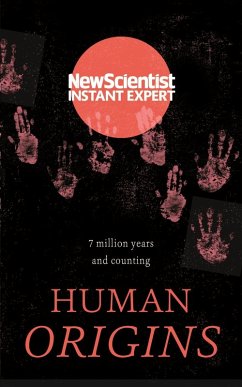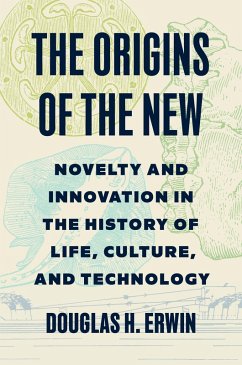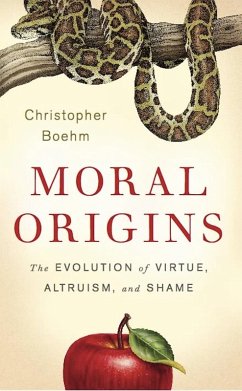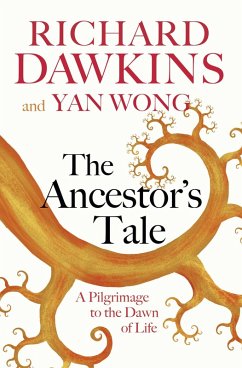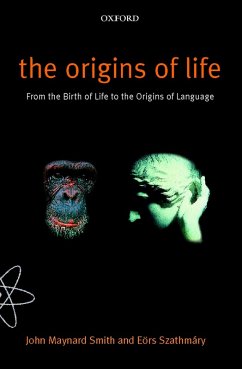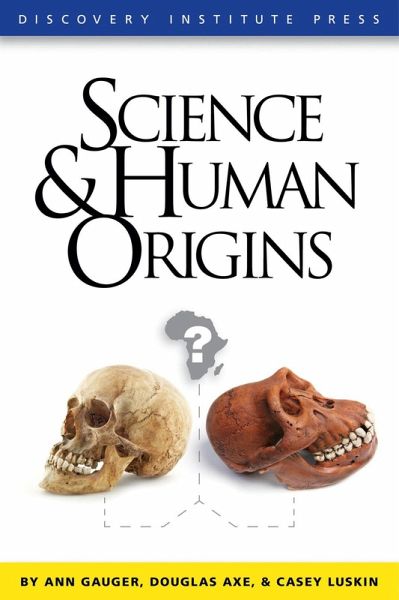
Science and Human Origins (eBook, ePUB)

PAYBACK Punkte
0 °P sammeln!
Evidence for a purely Darwinian account of human origins is supposed to be overwhelming. But is it? In this provocative book, three scientists challenge the claim that undirected natural selection is capable of building a human being, critically assess fossil and genetic evidence that human beings share a common ancestor with apes, and debunk recent claims that the human race could not have started from an original couple.
Dieser Download kann aus rechtlichen Gründen nur mit Rechnungsadresse in A, B, CY, CZ, D, DK, EW, E, FIN, F, GR, H, IRL, I, LT, L, LR, M, NL, PL, P, R, S, SLO, SK ausgeliefert werden.




